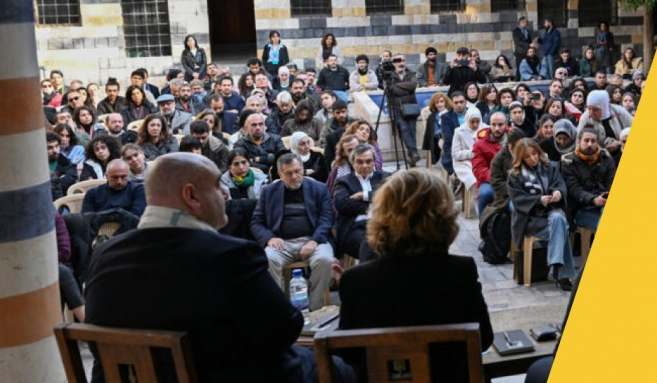Abu Dhabi – Details Press
The UAE is preparing to use artificial intelligence to draft laws for the first time in the world, as well as to review and amend existing laws in the most daring attempt yet to harness this technology, in which billions have been invested.
Dubai Ruler Sheikh Mohammed bin Rashid Al Maktoum previously stated, during a Cabinet meeting at Qasr Al Watan in Abu Dhabi, “The development of legislative mechanisms in the UAE has been approved through the establishment of a Legislative Intelligence Office within the Cabinet. The office will develop an integrated legislative map for all federal and local legislation in the country, linking it via artificial intelligence to all judicial rulings, executive procedures, and services provided to the public.”
He explained the new system’s ability to monitor the impact of new legislation on the public and the economy on a daily basis through integration with big data, and linking it to global research and development centers to monitor the best global policies and legislation and how they can be utilized in the UAE. UAE.
Sheikh Mohammed bin Rashid Al Maktoum added: “The new system of legislation based on artificial intelligence will create a qualitative shift in the legislative cycle, its speed, and its accuracy, ensuring our national legislative superiority and keeping our laws in line with best practices and the highest aspirations, in line with the specificity of our accelerated development experience.”
Ronnie Medaglia, a professor at Copenhagen Business School, commented that the UAE appears to have a “fundamental ambition to transform artificial intelligence into a kind of participant,” describing the plan as “very bold.”
Kegan McBride, a lecturer at the Oxford Internet Institute, said that there are dozens of smaller methods that governments are using in legislation, but he has not seen a similar plan from other countries. “In terms of ambition, the UAE is right there near the top,” McBride said.
He added that it’s unclear which AI system the government will use, and experts said it may need to combine more than one.
On the other hand, researchers noted that it could face several challenges and risks, ranging from the AI to its users, to biases stemming from training data and questions about whether AI interprets laws in the same way humans do.













